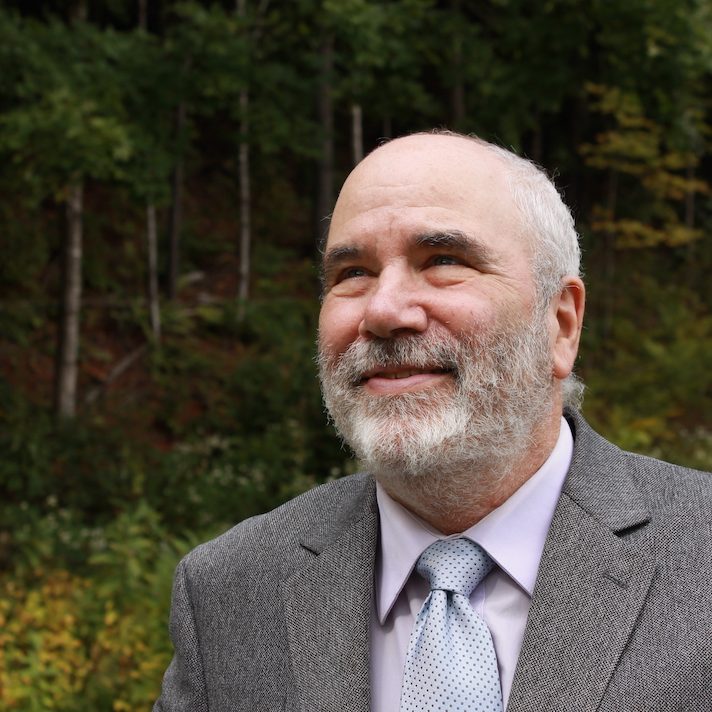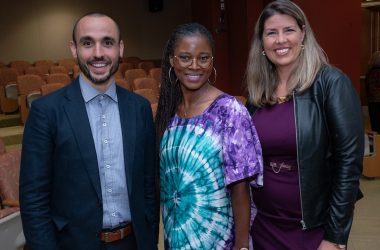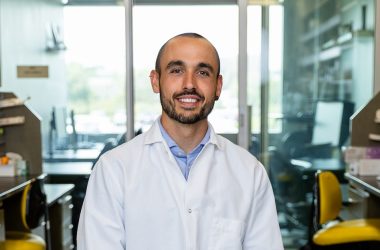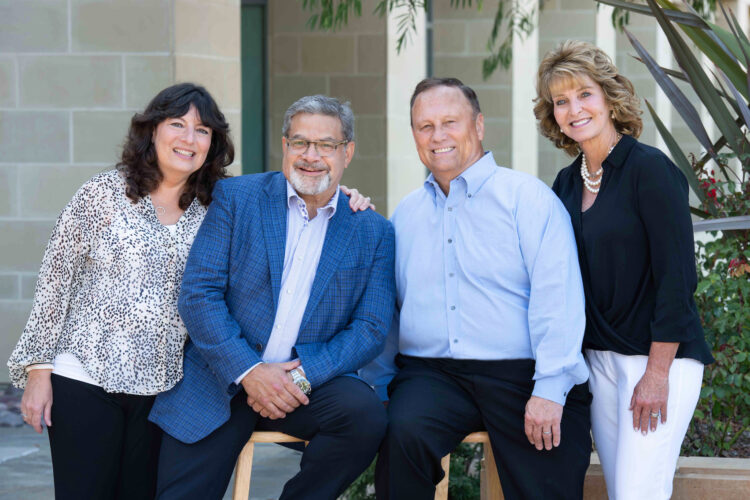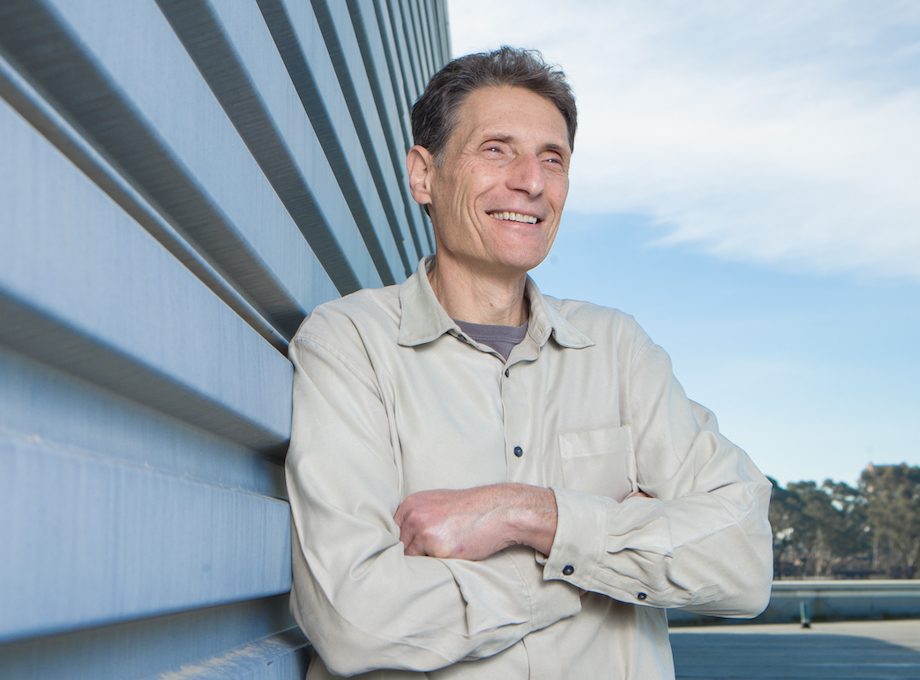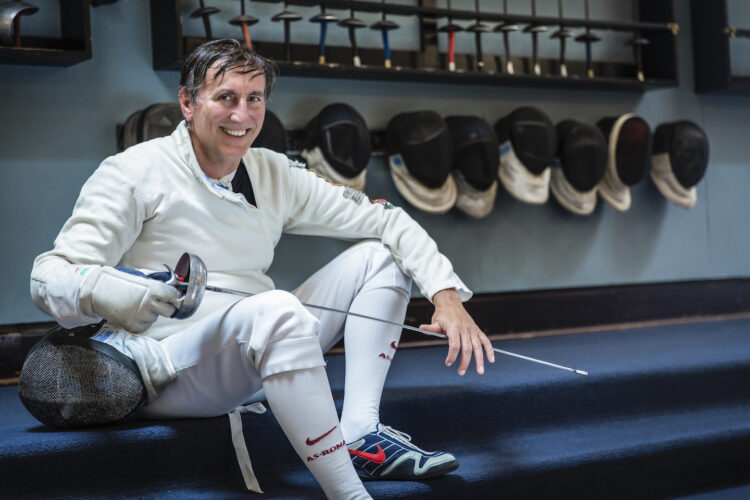Considering Stephen Aldrich was diagnosed with a swift-moving terminal cancer in early 2017, the 63-year-old Vermont resident should not be alive today.
But Aldrich was not a normal patient. After the retired entrepreneur learned he had metastatic adenocarcinoma of the esophagus and learned that 90 percent of patients die within two years he rejected the palliative standard of care treatment recommendation he received.
“The only reason I’m still here today is that I decided I would look at highly experimental options I knew were exploding in the field of cancer immunotherapy, including some remarkable discoveries at the La Jolla Institute for Immunology (LJI),” says the former founder and CEO of Bio Economic Research Associates (bio-era).
The fascinating medical journey on which Aldrich embarked was not without at least one major obstacle. Hoping to use the genetic research conducted on his malignancy in his quest, Aldrich learned to his dismay that the Dana-Faber Cancer Institute legally owned his data and had no plans to release it to him. Out of his own pocket, he paid Human Longevity Inc., to sequence both his healthy and cancer genomes.
Armed with full genetic data, Aldrich first identified a Phase II clinical trial in Connecticut that was testing a combination of two promising immunotherapies, Pembrolizumab and Epacadastat, that were well matched genetically to his cancer and actually held his disease at bay for 14 months.
Ultimately, Aldrich was looking for a treatment path that would put him into radical remission, and he has achieved that after enrolling in a clinical study conducted by LJI Principal Investigator Stephen P. Schoenberger, Ph.D., and UC San Diego’s Moore’s Cancer Center. A personalized neoantigen cancer vaccine was custom-designed for Aldrich’s cancer to train T cells in his body to specifically target tumor cells.
While not completely cancer free yet, Aldrich says he has achieved a radical remission in which his disease has not progressed for over two years, he feels great, and he’s looking forward to the future. He’s also so appreciative of LJI he has used his story and new website to raise tens of thousands of dollars to support Dr. Schoenberger’s research.
“Stephen Schoenberger and the La Jolla Institute team are true heroes of mine, and I don’t think I would be alive today without their pioneering research,” Aldrich says. “The work they’re doing is some of the most important in the world of immunotherapy and has the potential to completely revolutionize how we treat certain kinds of cancer.”
Aldrich is also taking steps to transform every patient’s ability to take control of their own data and easily make it used and useful on their own behalfs just as he did. He has formed a company, myCancerDB (www.mycancerdb.com), owned and operated by late-stage cancer patients, that enables patients to store and access all of their fundamental health data in one secure online site, to query the data with useful tools, and allows researchers and the patient’s care team to collaborate around the data.
“Ownership and control over your fundamental health data, especially genetic sequencing data, should be a universal human right,” Aldrich says. “As I just showed, the ability to provide research institutes like LJI with that information can mean the difference between life and death.”


